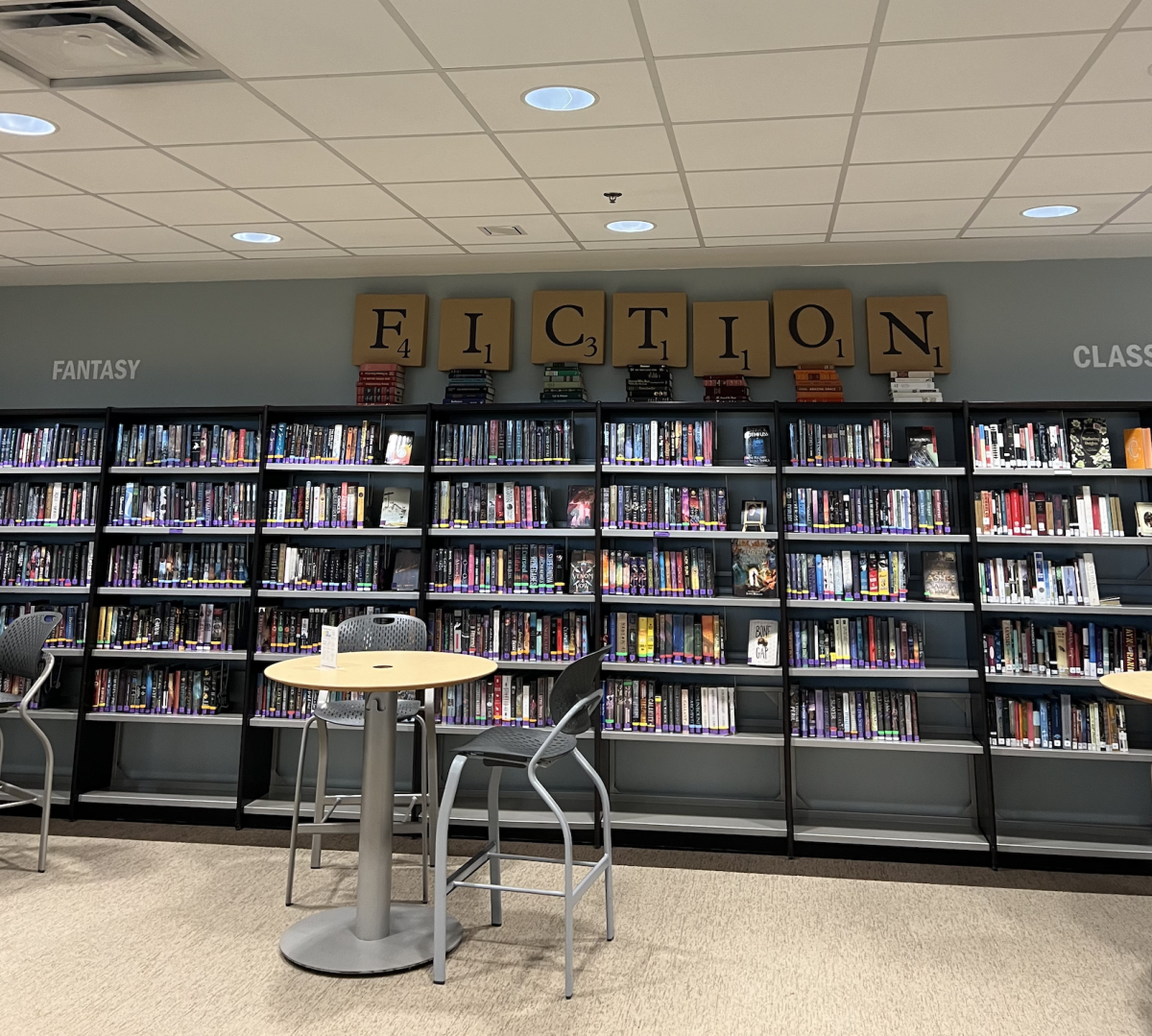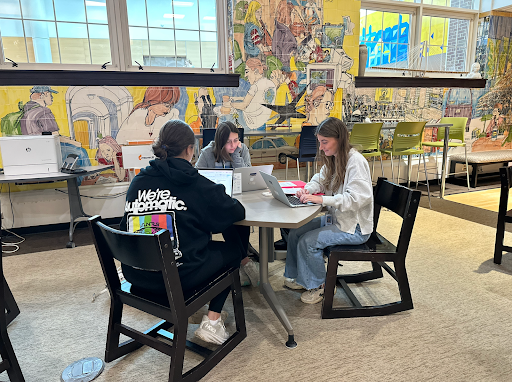Growing up, I remember I was always exposed to the importance of reading throughout preschool all the way into elementary school. As kids, we were constantly read to by our parents and encouraged to dive into a book to expand our imaginations. Personally, I would spend hours reading books after school, before bed, during the summer, etc. As I grew older, reading became more of an occasional pastime, something that was no longer significant in my life. Reading became something I primarily did for English classes or during standardized tests. Through my middle school and high school years, academics and athletics took up most of my time after school, leaving little time for activities like reading.
Reading wasn’t that important… right? Surprisingly or not, this is not true. Reading is one of the most important things you can do for yourself. Many people may believe that there are more significant activities they must partake in instead of reading, for example, spending time on social media, hanging out with friends, completing homework assignments, and many more. While these may be important, reading has a variety of benefits that may not be well-known among high school students. Picking up a good book and spending time reading has more benefits than people think, beyond just entertainment, and is something everyone should take part in.
Throughout my teenage years, I haven’t been much of a reader, I will admit. However, in the past few months I have noticed that when you truly like the book you’re reading, it can be enjoyable and can be much better for you rather than spending time on screens or social media.

Reading is not only amusing, but it has many benefits including strengthening brain activity, boosting communication skills, enhancing creativity, and lowering stress levels. High school can bring a whirlwind of social pressures, extracurricular activities, and academic challenges, creating excessive amounts of stress and anxiety. All these responsibilities leave little time for activities like reading, nevertheless, it is important to find time to unwind and relax every day, even for just five to ten minutes. Six minutes of reading per day is all you need to reduce some of your stress levels. You will find relief, and you will enjoy it when you find the right book.
Library Assistant Lauren Fairchild explains that she has been an “ardent reader” for the entirety of her life, as it developed into a favorite hobby and main focus in her life.
“Reading has always been a big part of my life. I didn’t fully realize how much I rely on reading as a coping mechanism until I was an adult, but reading is definitely my preferred stress-management tool.”
LFHS Librarian Katie Pausch finds that reading can be widely successful when trying to cope with stress or mental health struggles.
“It lets you take a mental break from whatever is occupying your mind, and reading about those who have been through struggles similar to your own can be reassuring,” Pausch said. “When you’re up at 2 am spiraling about something that’s stressing you out, picking up a book is probably going to relieve your worries much more than checking your phone would!”
Reading can relax your body by lowering your heart rate and easing the tension in your muscles. Whether it be stressing about an upcoming test, college applications, sports, AP exams, etc, reading can be a great remedy to help ease your racing thoughts and constant stress. A 2009 study at the University of Sussex found that reading can reduce stress by up to 68%. You might be thinking the best way to reduce stress might be exercising, listening to music, or hanging out with friends; however, reading has been proven to be more effective than other soothing activities like taking a walk or listening to music.
Not only is reading instrumental in lowering stress and anxiety levels but it also is proven to increase empathy and aid in strengthening relationships. Fairchild explains that this is one of her “favorite things about reading.”
“Reading fiction, in particular, allows us to briefly experience lives different from our own, to walk a mile in someone else’s shoes. There have been a variety of studies demonstrating how this experience improves a reader’s ability to understand what others are thinking and feeling,” Fairchild said. “This can positively impact personal relationships and the reader’s ability to connect with others. Reading can help us become kinder people! How amazing is that?”
Not only can reading be an enjoyable activity or coping mechanism for stress, but reading can actually improve your SAT scores, as part of the English section is primarily based on reading comprehension and the pace at which you are reading. Reading books you enjoy can make your pace faster by cutting down the amount of time it takes you to comprehend each question. Your reading fluency improves the more you read, and you will begin to become more efficient in understanding certain texts. Additionally, reading can improve your vocabulary and grammar skills, another important section on standardized tests.
Through the many benefits of reading, I have found that it has especially helped lower my stress levels along with becoming something I increasingly enjoy. Everyone can benefit from reading, and gain a new gateway to knowledge, understanding, and empathy. You may find new insights into the world around you – different cultures, perspectives, and ways of thinking that expand your horizons in ways you never thought possible.
Reading is not merely a pastime or a form of entertainment; it is a powerful tool for personal growth, intellectual development, and social engagement. I encourage you to find ways to weave reading into your life, and you will find there are endless advantages.
“Beyond all of the many benefits, I simply find reading enjoyable. Once you know how to find the types of books you like best, reading is a ton of fun,” Fairchild said.








